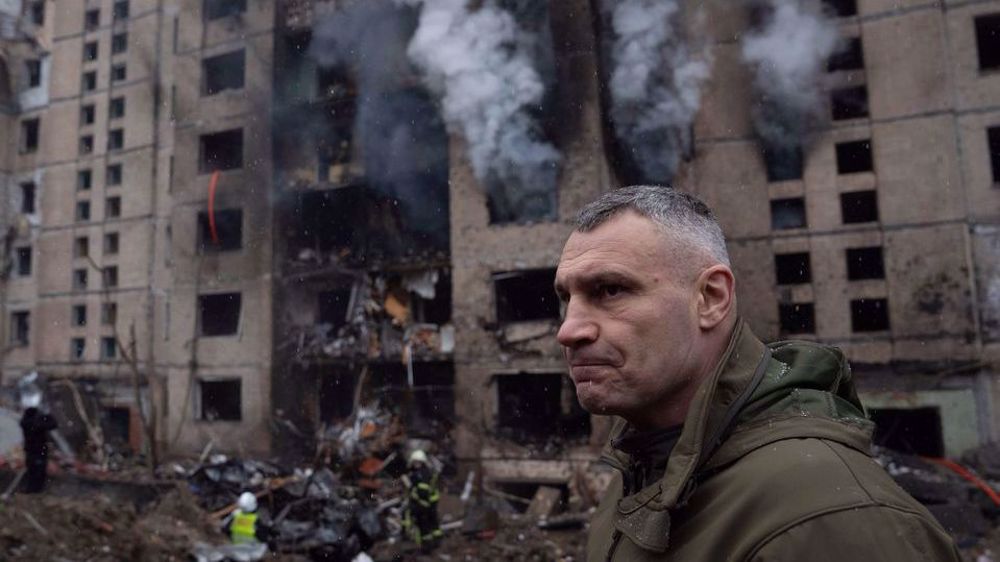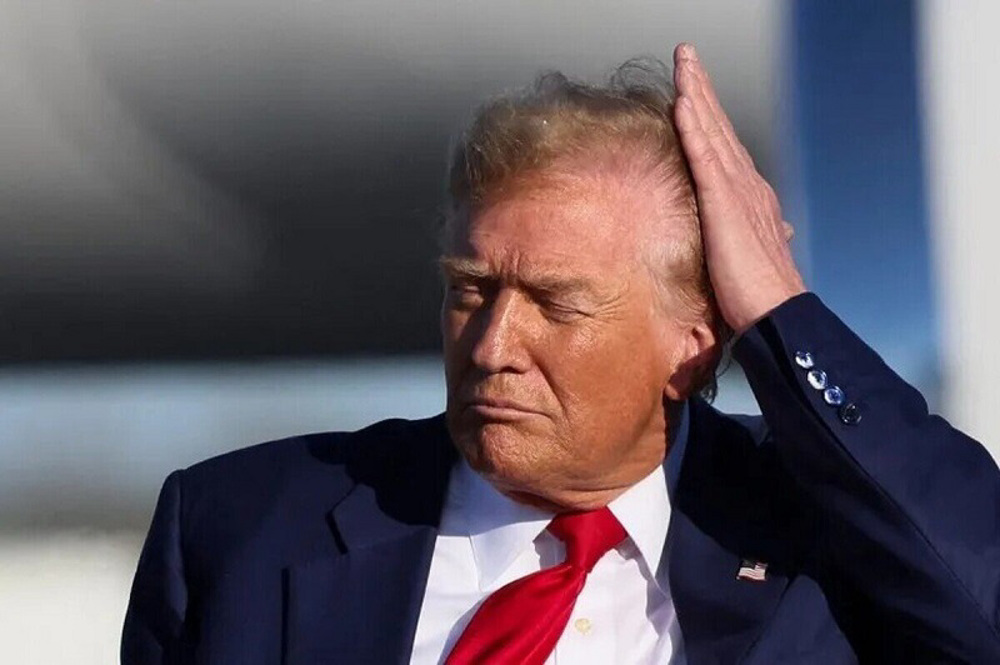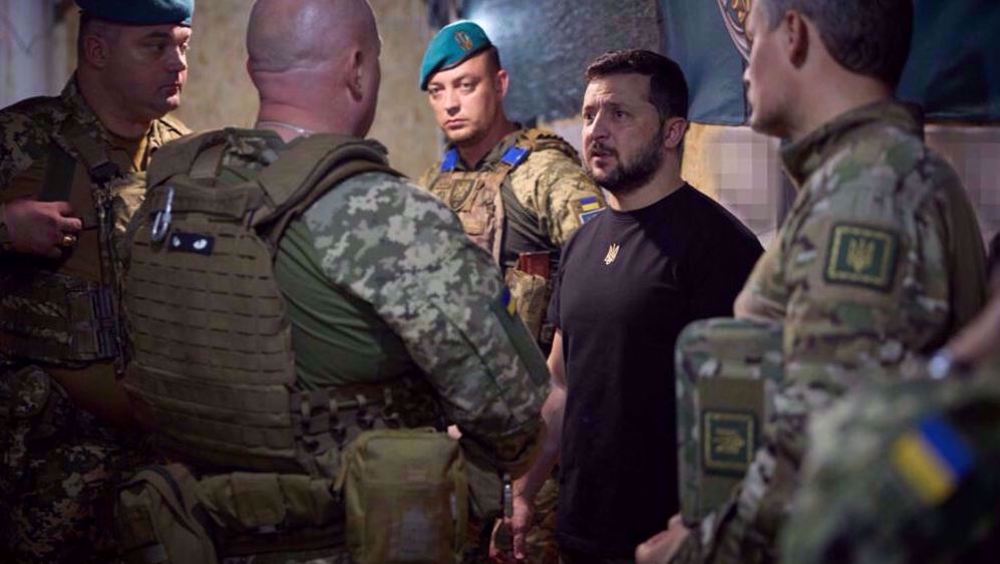Moscow to deliver S-300 missile system to Iran in 'nearest time'
Russia will deliver the S-300 surface-to-air missile defense systems to Iran in “the nearest time” as part of a long-running contract between Tehran and Moscow, the country’s Foreign Ministry says.
“Deliveries will be made soon,” Zamir Kabulov of the Russian Foreign Ministry’s Asia department told RIA Novosti news agency on Monday.
Iranian Defense Minister Brigadier General Hossein Dehqan, who arrived in Moscow on Monday, had said on February 10 that Tehran will take delivery of the first batch of the S-300 missile defense systems in the first quarter of 2016, adding that the Islamic Republic will receive the second batch by the first half of 2017.
Kabulov also said the Islamic Republic has also shown interest in buying the more advanced S-400 missile systems, but no talks have been held on the matter.
“There are no talks being held on the S-400. The Iranians have noted that they would principally be happy [to receive them], but there haven’t been any negotiations,” he said.
Dehqan’s trip to Moscow comes at the official invitation of his Russian counterpart Sergei Shoigu. The officials are scheduled to discuss the latest mutual, regional and international developments, as well as enhanced defense, military and technical cooperation between Tehran and Moscow.

Russia committed to delivering the systems to Iran under a USD-800-million deal in 2007. Moscow, however, refused to deliver the systems to Tehran in 2010 under the pretext that the agreement was covered by the fourth round of the United Nations Security Council sanctions against Iran over its nuclear program. The sanctions barred hi-tech weapons sales to Tehran.
Following Moscow’s refusal to deliver the systems, Iran filed a complaint against the relevant Russian arms firm with the International Court of Arbitration in Geneva.
Tehran also developed its domestically-built Bavar-373 air defense system, which was successfully test-fired in August 2014.
In April last year, Russian President Vladimir Putin lifted a previous ban on the delivery of S-300 to Iran.
In November 2015, Russia signed a new contract to supply Iran with the systems by the end of that year for the first time since the 2010 freeze on supplies under the UN Security Council resolutions.
The development came after Iran and the P5+1 states — Russia, China, France, Britain, the US and Germany — reached a landmark agreement, dubbed the Joint Comprehensive Plan of Action (JCPOA), on Tehran’s nuclear program in July last year.
Under the JCPOA, limits are put on Iran’s nuclear activities in exchange for, among other things, the removal of all nuclear-related economic and financial bans against the Islamic Republic.

Ukraine may have to 'give up land' to Russia to secure peace: Kiev mayor

Trump Ukraine mediation muddle

Ukraine peace talks downgraded in London as Kiev rebuffs Trump’s proposal
Iran declares holiday in Bandar Abbas port as fire still raging
VIDEO | NY protesters demand end to genocide on Global Day for Gaza
VIDEO | Pope Francis funeral mass held in St. Peter's Square
VIDEO | UK education activists focus on decolonization
Iran supports any measure to strengthen peace, tranquility: Pezeshkian
Iran, Russia agree to transfer gas via Azerbaijan: Minister
VIDEO | US joins global protest day to demand Israel lift 8-week siege
HTS gunmen, allied militants kill over dozen Alawites in Syria’s Homs













 This makes it easy to access the Press TV website
This makes it easy to access the Press TV website